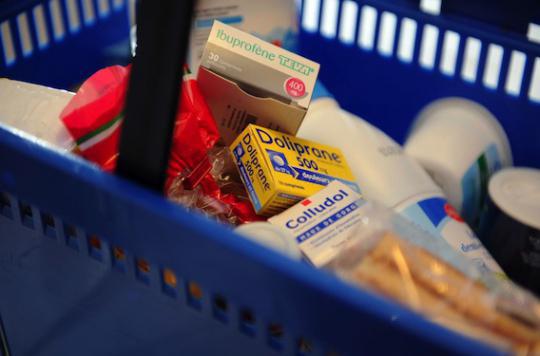Following the INC investigation into the dangers of self-medication, the association representing manufacturers (Afipa) reacted. She describes this work as opportunistic and unjustified.

The last special issue of 60 Million Consumers “Healing without a prescription” unveiled Thursday lists the dangerous drugs in self-medication against winter ailments and digestive disorders. Pr Jean-Paul Giroud, clinical pharmacologist, and Hélène Berthelot, expert pharmacist with the HAS (1) have scrutinized 61 drugs available without a medical prescription, among the most sold. For them, nearly half (28) are classified as “forbidden”, the benefit / risk ratio being, according to them, unfavorable in self-medication.
In a press release published the same day, AFIPA (the professional association that represents manufacturers who produce and market health products available in pharmacies without a prescription) speaks of “an opportunistic and unjustified attack” against these people. medications.
Safe and reliable medicines
To begin with, the association wants to set the record straight. She writes that “all drugs available on the market have a marketing authorization (AMM) granted by the National Medicines Safety Agency (ANSM)”.
In other words, these specialties have a favorable benefit / risk ratio and have proven their effectiveness.
She adds that “throughout their marketing and on a regular basis, pharmaceutical specialties are subject to pharmacovigilance monitoring by the ANSM. This monitoring leads, if necessary, to a reassessment of the MA by the ANSM, which takes the decisions it deems necessary ”.
A compelling methodology
Moreover, Afipa “is very surprised that the methodology is not detailed”. And the association goes even further by judging that “this biased and erroneous information misleads patient-consumers and feeds unjustified fears vis-à-vis health products”.
This type of publication therefore constitutes a danger in terms of public health. As every time it is attacked, Afipa calls for the establishment of a public information and health education campaign and the recognition of the dispensary as the first step in the care process for patients. benign pathologies.
.















